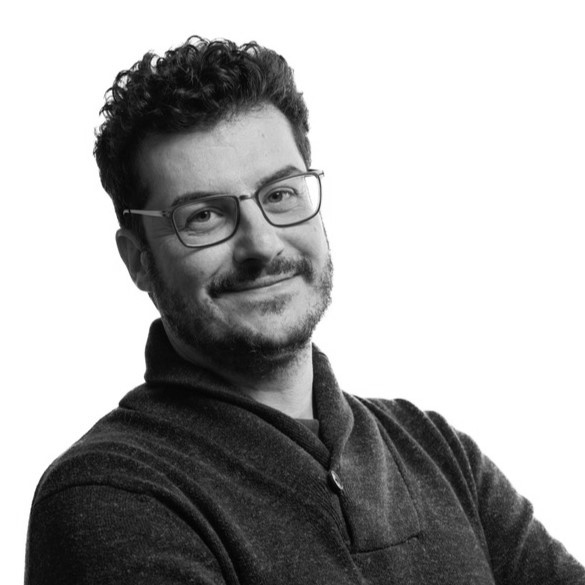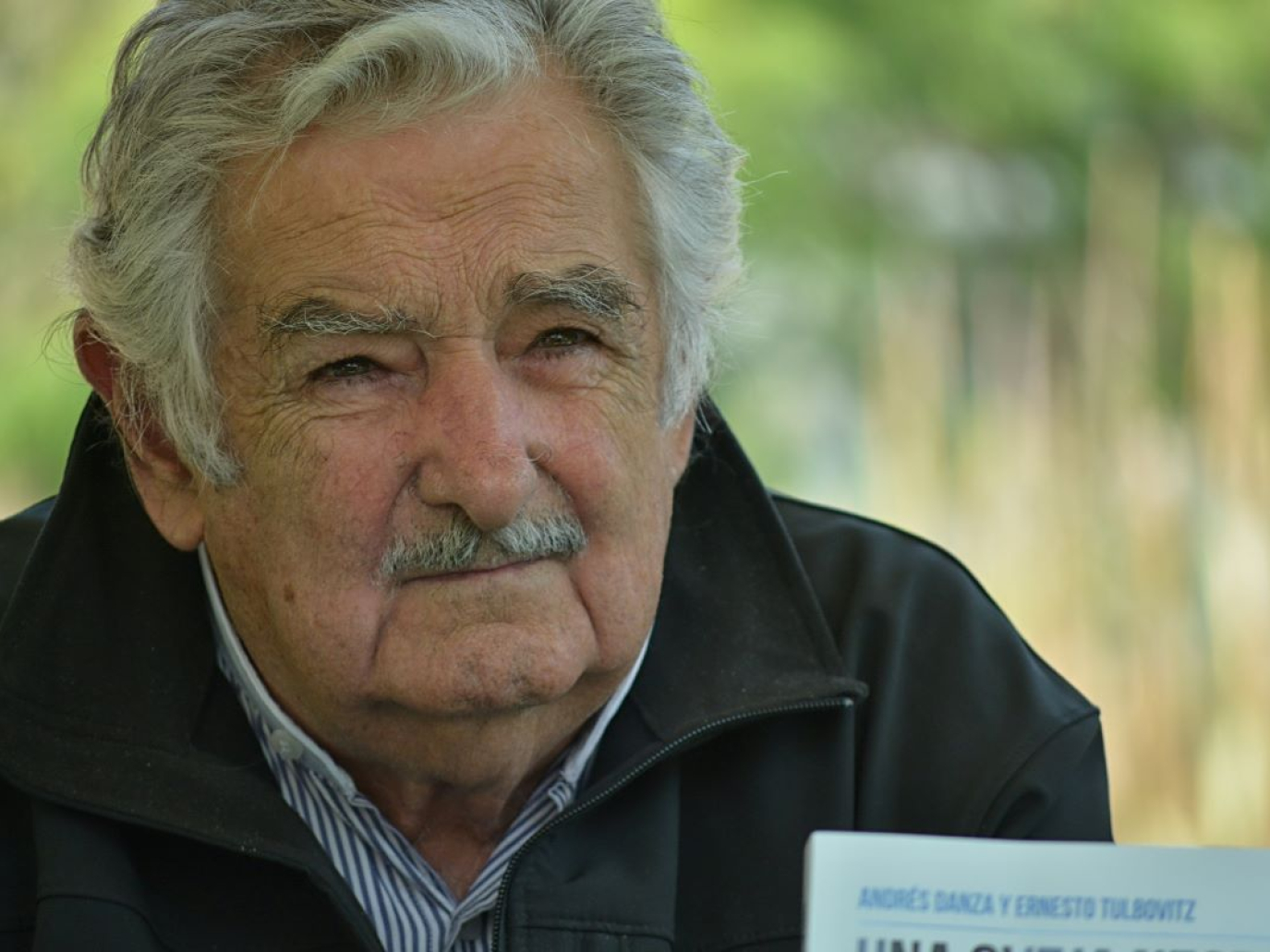This article is also available in Italian / Questo articolo è disponibile anche in italiano
Pepe Mujica, the former president of Uruguay and symbol of modest, socially and environmentally conscious politics, has died just a week short of his 90th birthday. He had foretold his passing only weeks earlier, announcing his decision to stop battling the disease that was eating away at his body, a devastating oesophageal cancer. He died at peace. “I gave my life meaning. I will die happy,” he wrote in one of his social media posts.
A former Tupamaros guerrilla, Mujica was imprisoned and tortured for 14 years under Uruguay’s military dictatorship of the 1970s and ’80s. José Alberto Mujica Cordano, that was his full name, would go on to become one of Latin America’s most beloved presidents.
A socialist and revolutionary, he was known around the world for his views on capitalist consumer society and for his austere lifestyle, earning him the nickname “the world’s poorest president.” In truth, Mujica proved to be one of the richest and most cherished political figures of recent decades.
He loved to quote Seneca and the wisdom of the Aymara people: “It is not the man who has too little, but the man who craves more, that is poor”. It was a philosophy he lived by. Mujica donated 90% of his presidential salary, lived in a modest farmhouse half an hour from Montevideo, and drove a battered, sky-blue 1987 Volkswagen Beetle.
With his life, he upheld one of the sharpest and yet simplest critiques of the capitalist model of consumption, a system which, instead of liberating the masses, so often becomes a yoke and a burden. It was a lesson born from his love of life and of freedom, shaped by the years he spent in brutal prison conditions, in solitary confinement, where the only way to stave off madness was “to train frogs and feed the rats.”
He liked to call himself a light traveller. A citizen who, rather than accumulating, sought only what was strictly necessary to guarantee health and happiness, the ultimate goal of human beings who live a short and fleeting life. “When you buy something, you’re not paying money for it. You’re paying with the hours of your life you had to spend earning that money. But with this difference: everything can be bought, except life. Life is spent. And it is miserable to waste life to lose freedom,” he would often repeat in interviews.
Throughout his political career, he was both a revolutionary and a pragmatist, always mindful of the need to balance politics, social needs, and ecological vision. This was evident in the controversy over a pulp mill on the Uruguay River between Argentina and Uruguay. Thanks to his skilful mediation, the two countries in 2010 brought an end to the protracted dispute, signing an agreement that established a complex environmental monitoring plan for the river and created a joint binational commission.
A socialist to his core, during his presidency (2010–2015), he pursued a series of reforms aimed at fostering inclusion and social welfare in “one of the continents with the greatest wealth and the worst distribution of it in the world.”
With Plan Juntos, he declared a housing emergency for the most vulnerable sectors of society, affecting around 15,000 families. He worked towards a model in which the creation of new homes went hand in hand with promoting social and professional participation, for a general improvement in quality of life. In these neighbourhoods, new employment opportunities emerged, along with spaces for education, changes that had a particularly significant impact on women. In 2013, he legalised the production, trade, and consumption of cannabis, taking it out of the hands of organised crime.
His legacy, alongside that of Pope Francis, raises the key questions for anyone concerned with the environment today: what kind of social and economic model should we adopt if we are serious about achieving inclusive, sustainable development? Can we truly implement green capitalism, or do we need a new model of production and sociality? How can we make the transition socially desirable, and finally honour the long-forgotten promise that decarbonisation and the protection of biodiversity would bring shared prosperity, good health, and wellbeing?
It remains a challenge, and it does not matter if we are unable to complete it. Pepe Mujica said it well. “I dedicated myself to changing the world and I didn’t change a damn thing. But I was entertained,” he told El País last November, exhausted from radiotherapy sessions he was undergoing to treat his cancer. “I gave meaning to my life; I’ll die happy. I spent it dreaming, fighting, struggling. They beat me up and all that, but it doesn’t matter, I don’t have no debts to pay.” Especially not to Mother Earth.
Cover: Pepe Mujica, Vasconcelos Library, Mexico City, Protoplasma K via Flickr



